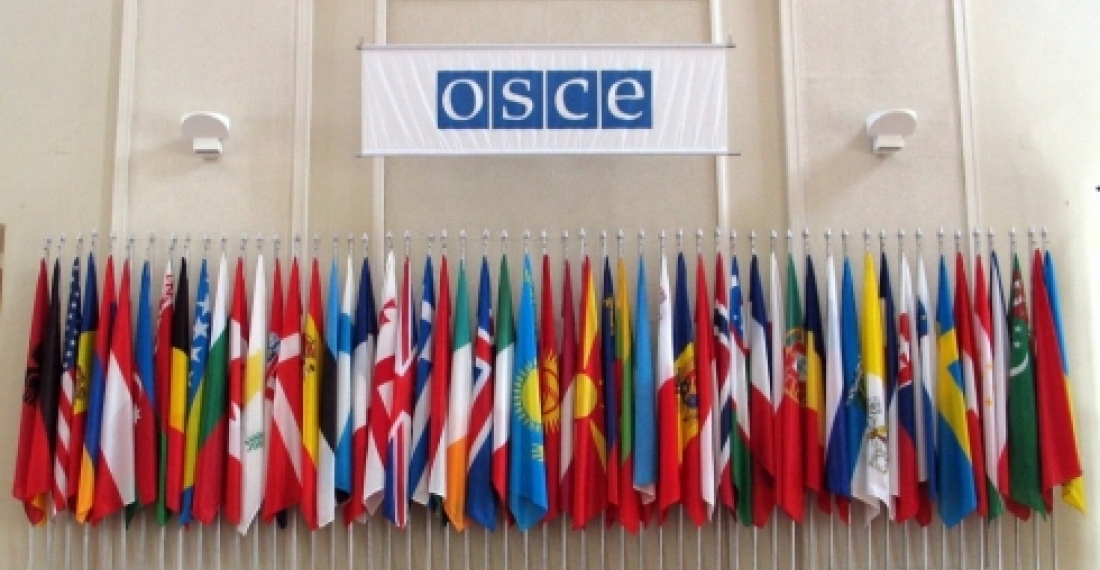Diplomats from the OSCE “Minsk Process”, representing the three co-Chair countries, (France Russia and the United States) and the Swiss Chairmanship of the OSCE, have just ended a short visit to the region. Astatement by the OSCE said that the main objective of their visit was to review the situation in Nagorno-Karabakh, Kelbajar, and Lachin, in accordance with their mandate. The statement added that “In traveling through these areas, they saw signs of improvements in infrastructure, but could not observe any indications that the size of the population had changed in recent years.”
They also visited the Sargsang reservoir, and discussed its status and operations with managers of the facility. They expressed their hope that the sides will reach an agreement to jointly manage these water resources to the benefit of the region.
On May 19, the Co-Chairs crossed the Line of Contact near Terter. They expressed regret for the continued ceasefire violations and consequent casualties. The absence of a mechanism for investigating these ceasefire violations allows the sides to put the blame on each other.
In the course of the visit, the Co-Chairs paid courtesy calls on senior officials in Yerevan and Baku as well as the de facto authorities and representatives of local administrations in Nagorno-Karabakh and Kelbajar, and visited Lachin. They also met with representatives of the Azerbaijani Community of Nagorno-Karabakh in Baku. In their meetings, they discussed elements of the peace process, and stressed that the basis of a lasting settlement remains those elements outlined in statements by the Presidents of the co-chair countries from 2009 to 2013, the OSCE Statement concluded.
It is to be noted that unusually, on this occasion the diplomats did not meet the presidents of Armenia and Azerbaijan during their trip. It is not clear if this was simply due to technical reasons. The Azerbaijani president, Ilham Aliev, is currently on an official visit in Vietnam.
Source: commonspace.eu with agencies.







